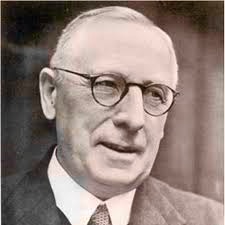 John Flynn OBE was a visionary Australian Presbyterian minister whose work revolutionised health care and communication in the Australian outback. Born in 1880 in Victoria, Flynn dedicated his life to serving the needs of people in remote areas of the continent.
John Flynn OBE was a visionary Australian Presbyterian minister whose work revolutionised health care and communication in the Australian outback. Born in 1880 in Victoria, Flynn dedicated his life to serving the needs of people in remote areas of the continent.
In 1912, Flynn founded the Australian Inland Mission (AIM) to provide spiritual and practical support to those living in isolated communities. The AIM established nursing hostels and hospitals across the outback, bringing much-needed medical care to regions that previously had little to no access to health services. This organisation later separated into two entities: Frontier Services, which continued the AIM’s community service work, and the Presbyterian Inland Mission, which focused on spiritual outreach.
However, Flynn’s most famous achievement was the establishment of what would become the Royal Flying Doctor Service (RFDS) in 1928. Recognising the vast distances and harsh conditions that made medical care difficult to access in the outback, Flynn envisioned using aircraft to bring doctors to patients and transport the seriously ill to hospitals. This innovative idea, combined with the use of pedal-powered radios for communication, created the world’s first aerial medical service.
The RFDS began operations with a single leased aircraft in Queensland. Today, it has grown into a nationwide organisation with a fleet of aircraft and medical professionals providing emergency and primary health care services to people across rural and remote Australia.
Flynn’s tireless work earned him the Order of the British Empire (OBE) in 1933. He continued to advocate for outback communities until his death in 1951.
In recognition of his extraordinary contributions, a memorial to John Flynn stands in Alice Springs, Northern Territory. The memorial, located on Larapinta Drive, features a large boulder known as “Flynn’s Rock”. This granite boulder, weighing approximately 16 tonnes, was transported from the Devil’s Marbles conservation reserve, reflecting Flynn’s connection to the outback landscape he served.
The memorial site also includes a plaque detailing Flynn’s life and achievements, as well as a sculpture depicting his likeness. Surrounding the memorial is a peaceful garden area, providing visitors with a place for reflection on Flynn’s legacy and the importance of his work in shaping outback Australia.
John Flynn’s vision and dedication have left an indelible mark on Australian history, improving the lives of countless people in remote areas and embodying the spirit of mateship and innovation that characterises the nation.

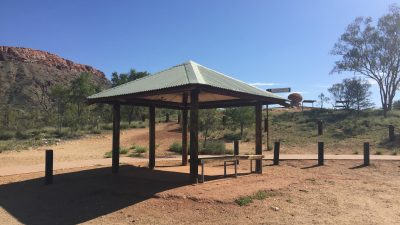
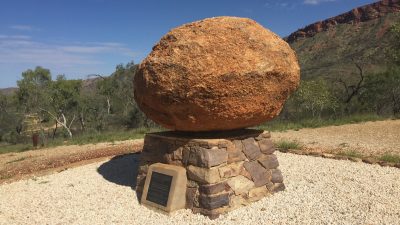
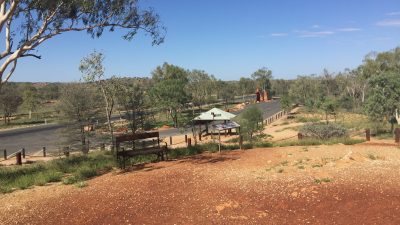

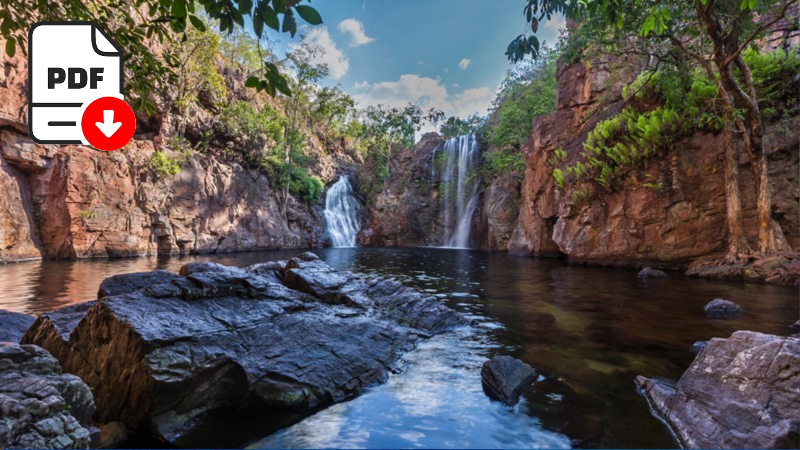

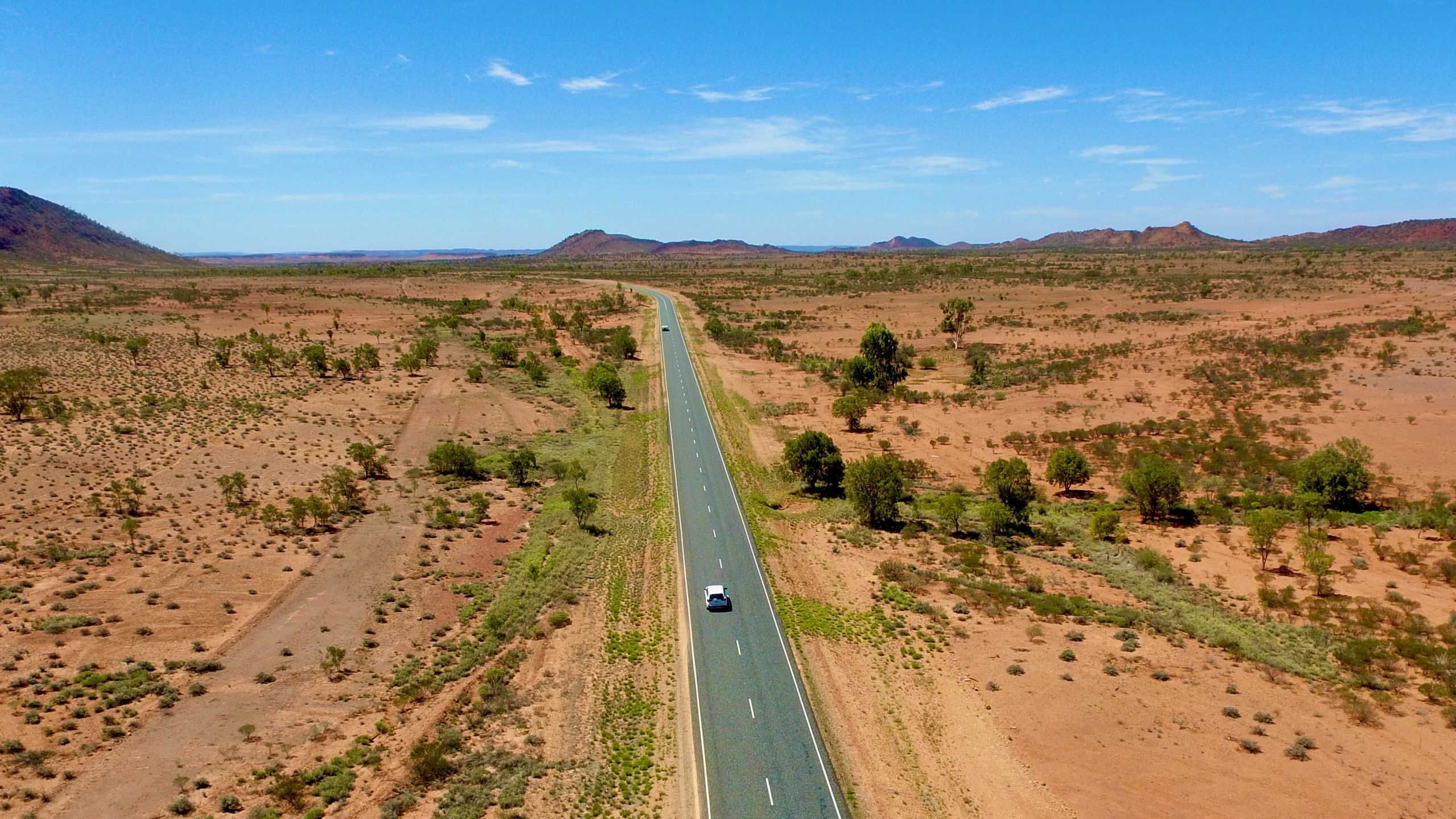
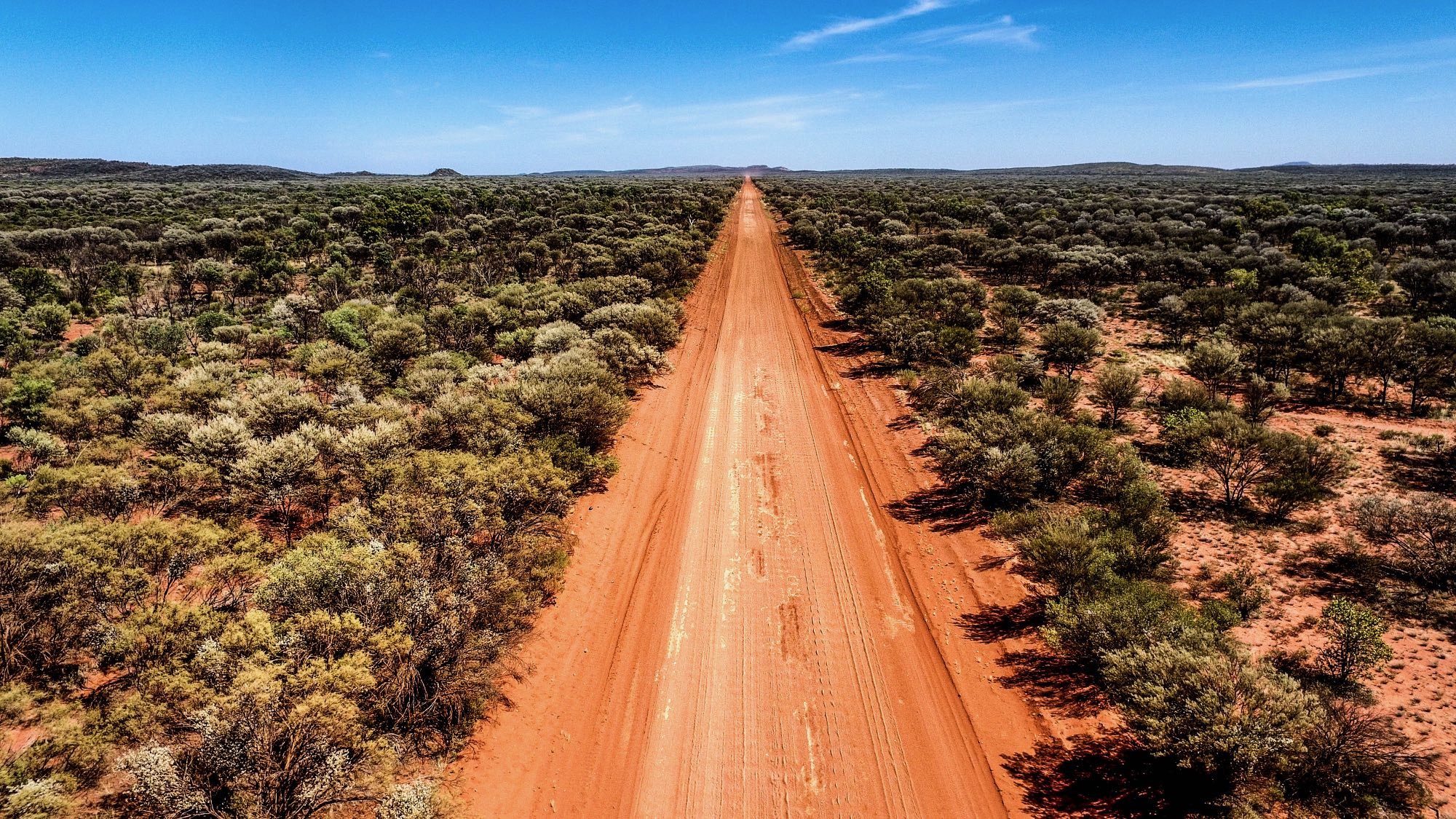
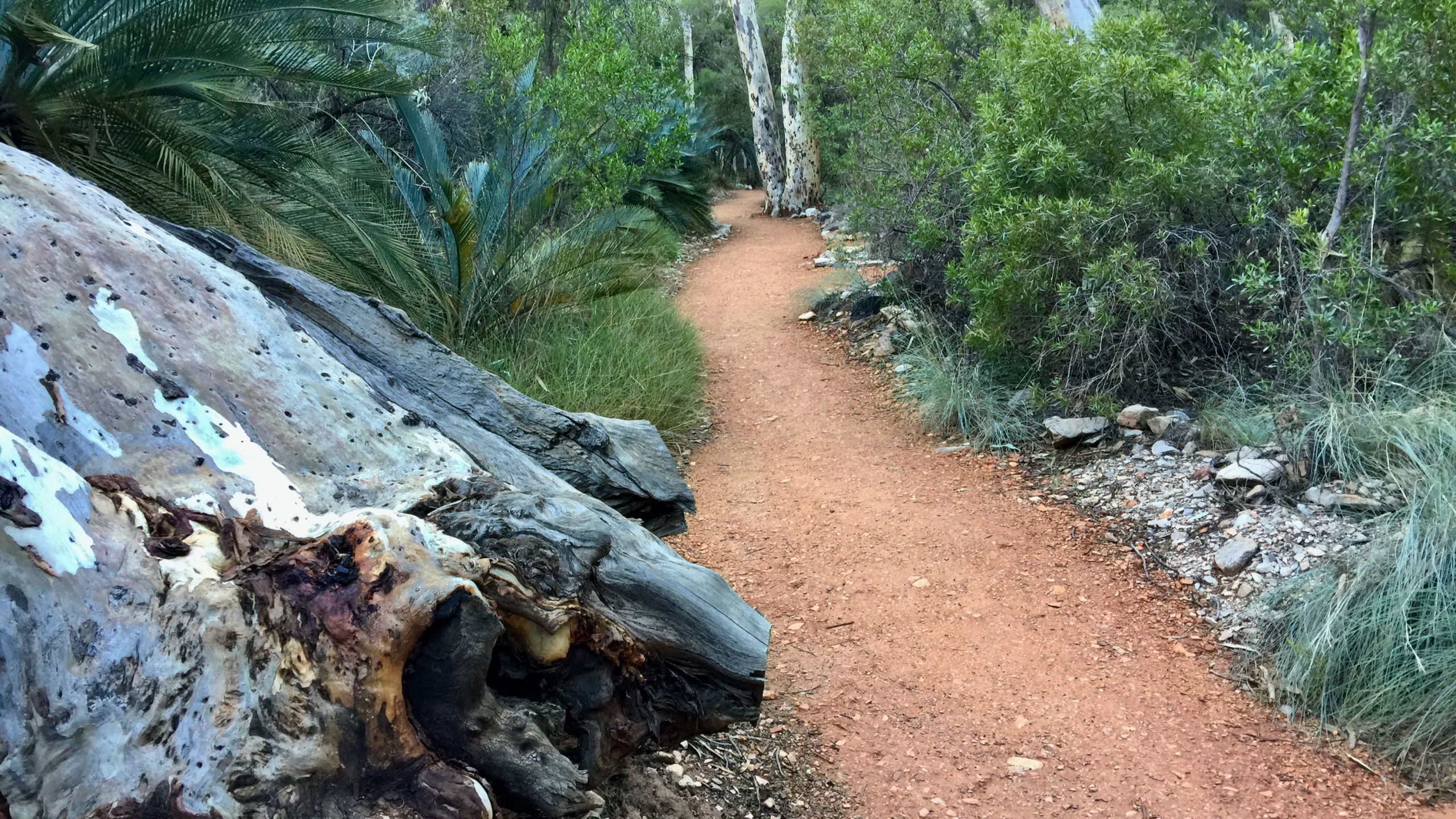
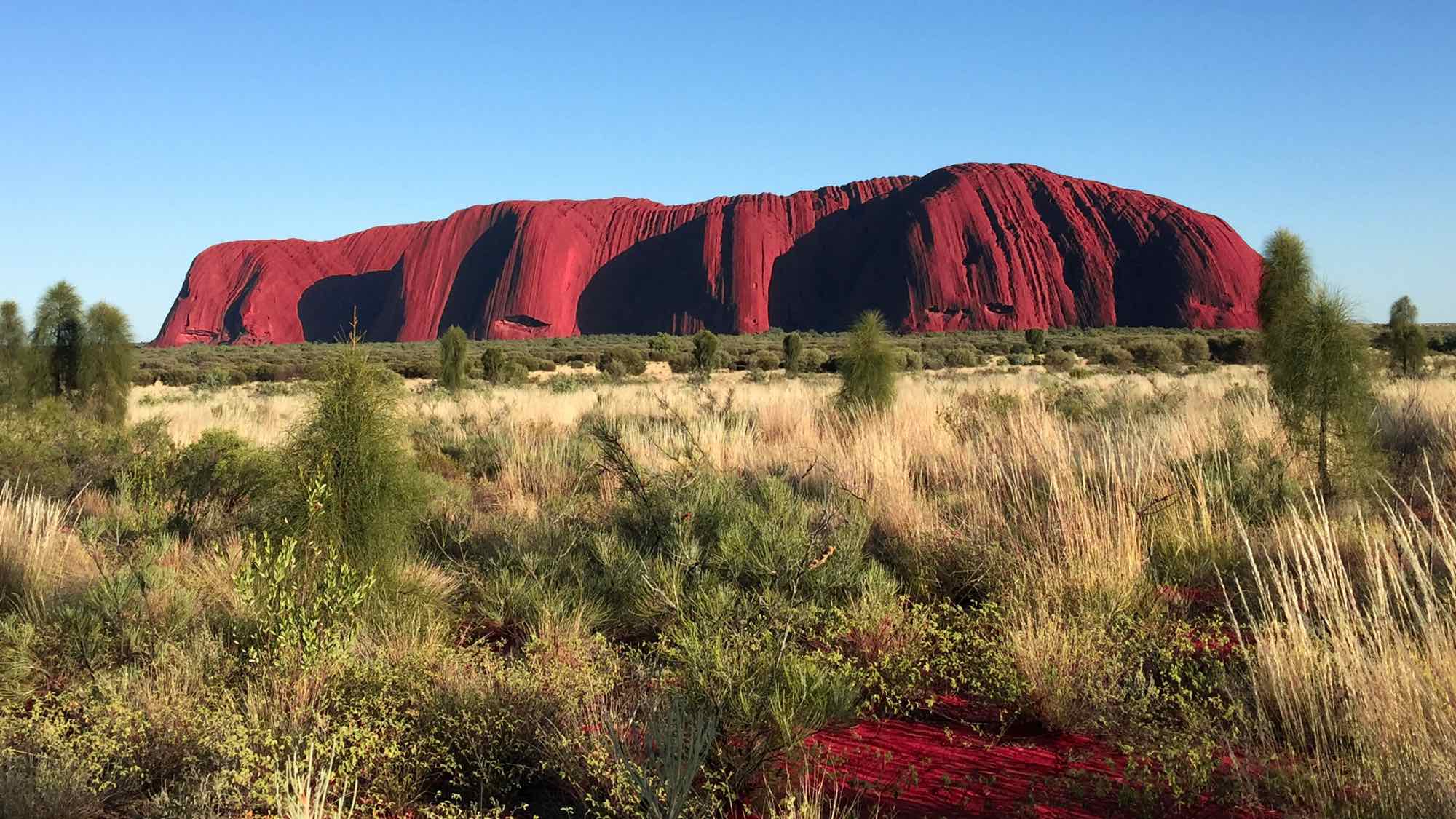
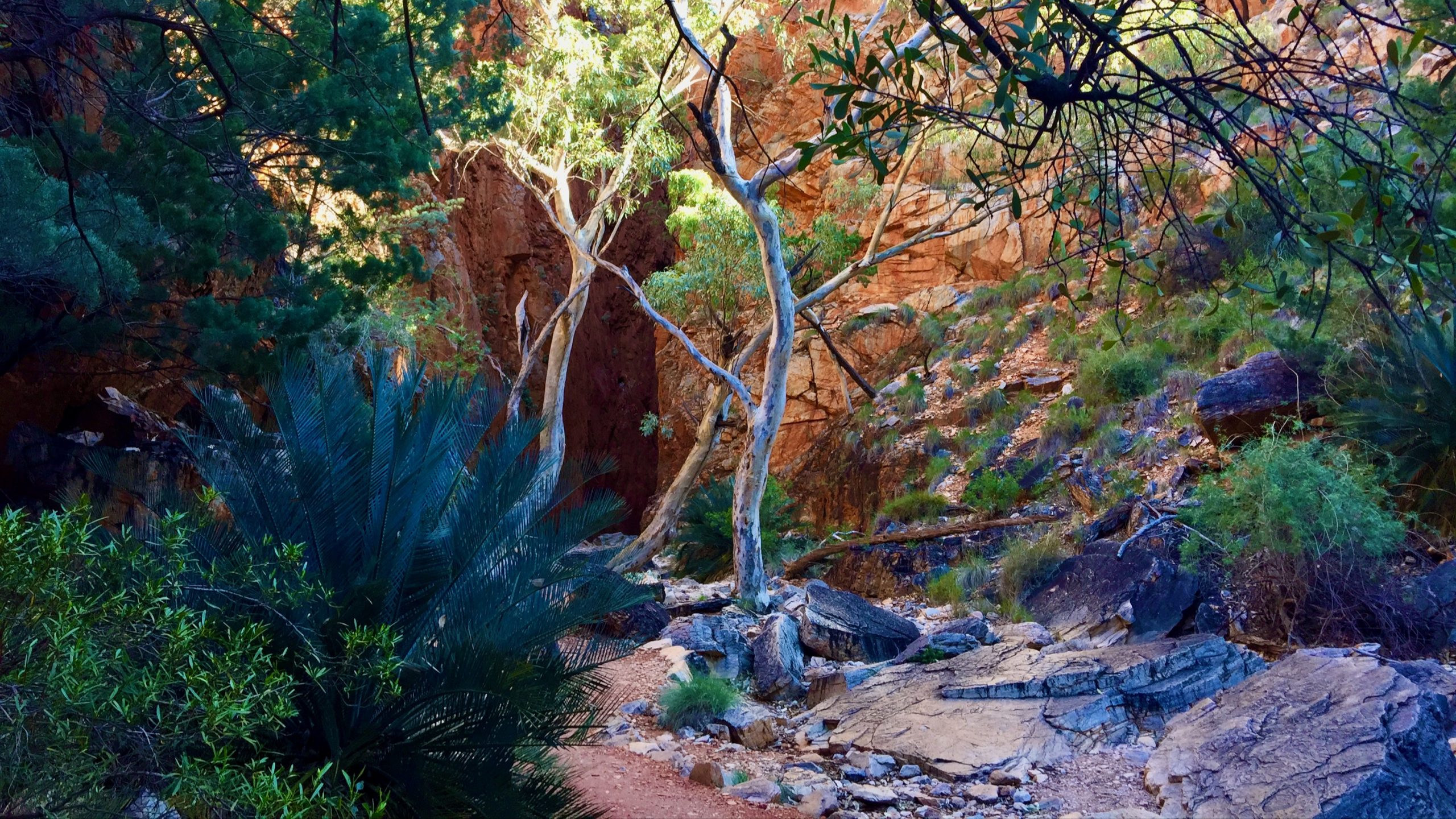
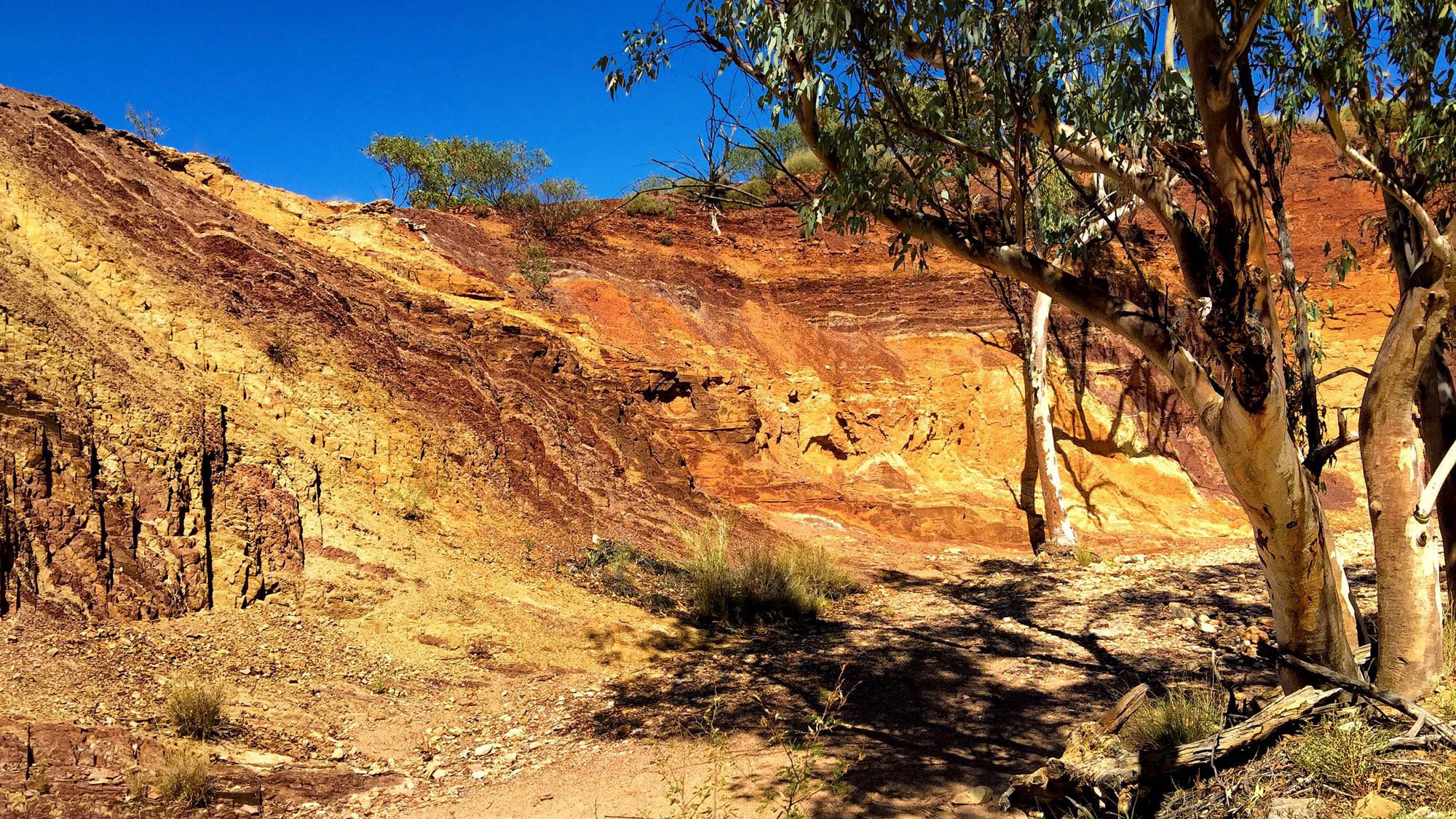
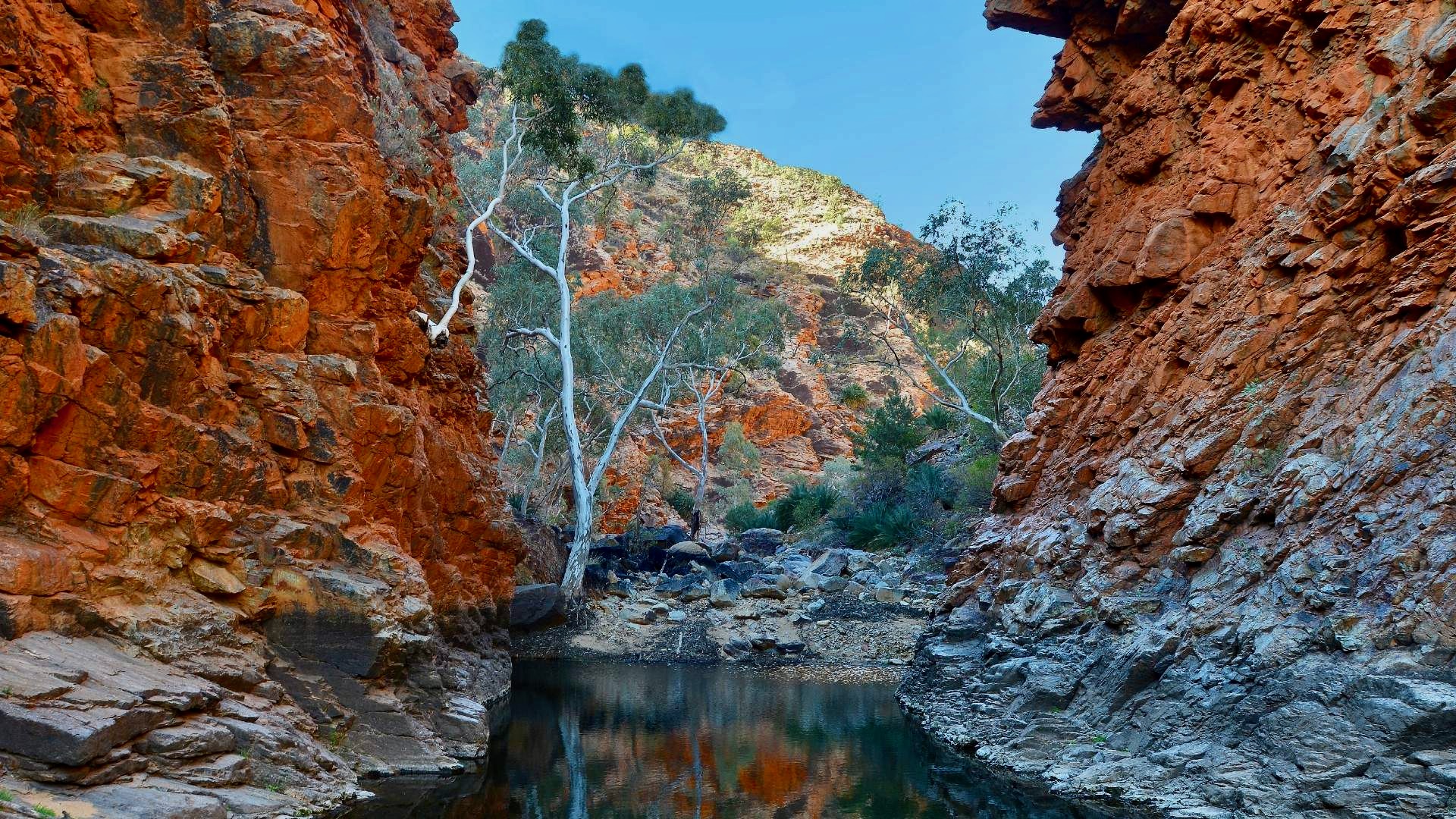
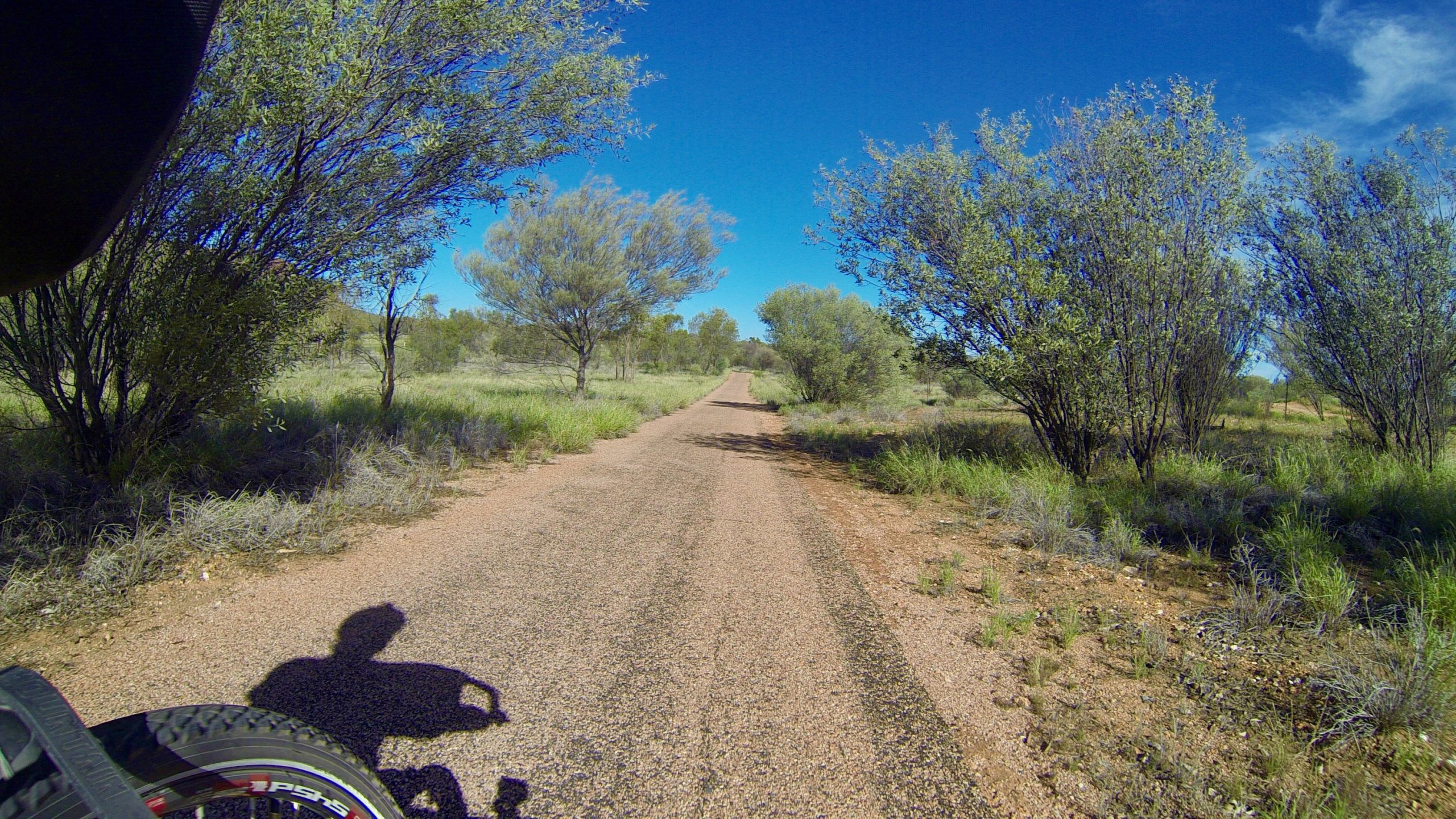
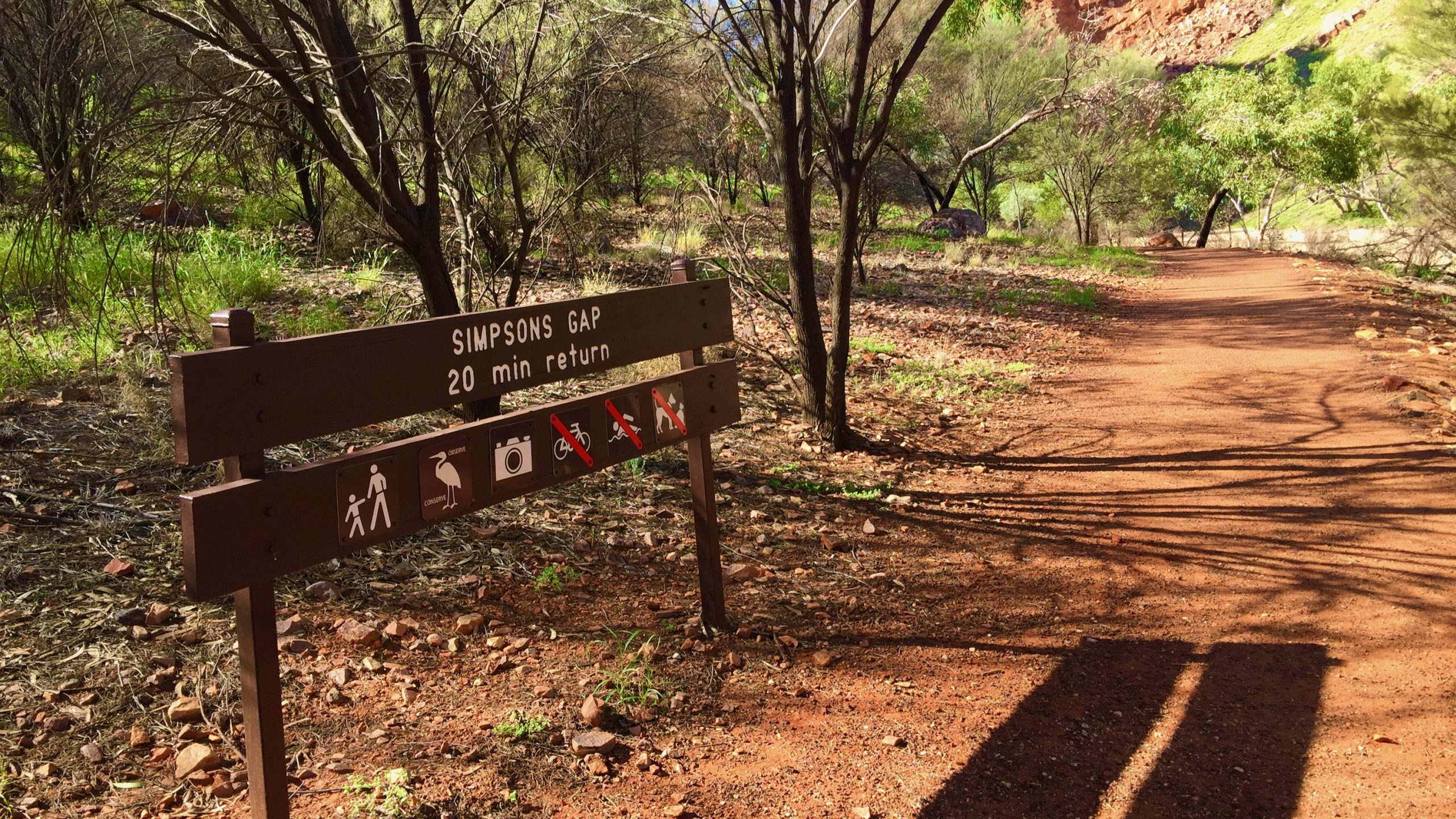
Leave A Comment